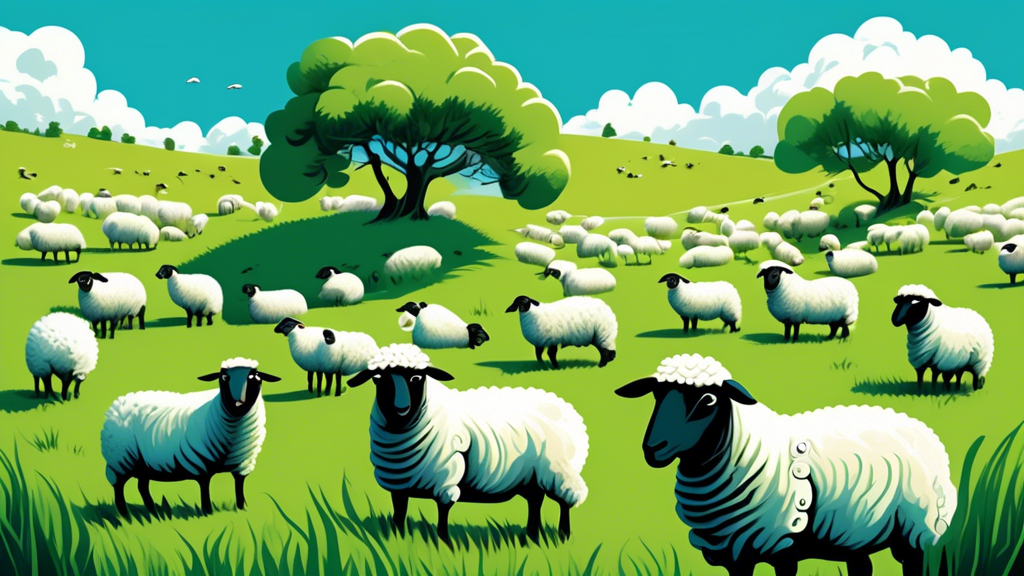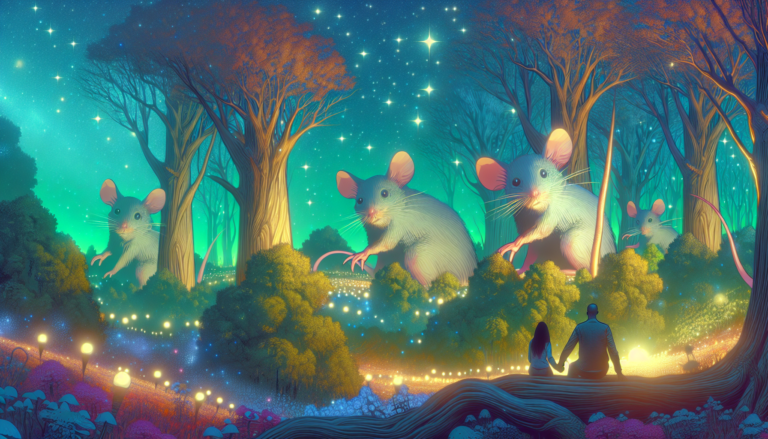Understanding the Meaning of ‘Black Sheep’ in Different Contexts
Introduction to the Term ‘Black Sheep’
The term ‘black sheep’ is often used colloquially to describe an odd or disreputable member of a group, typically within a family. However, the origins and the ways in which this phrase can be applied are diverse, spanning cultural, biological, and social contexts. This article explores the various dimensions and implications of being labeled as a ‘black sheep.’
Origins of the Term
The expression ‘black sheep’ is derived from the genetic aspect of sheep where a sheep with black wool is a rarity, as most sheep have white wool. Historically, due to the dominance of the textile industries, particularly in regions like medieval England, black wool was considered less commercially valuable because it could not be dyed. Consequently, a black sheep was often viewed as less desirable by shepherds seeking profitability from their flocks. Over time, the term began to symbolize someone who stands out from the norm or is not as valuable in certain societal contexts.
Cultural Interpretations
The interpretation of ‘black sheep’ can vary significantly between different cultures. In Western culture, it usually refers to an individual whose behavior, beliefs, or characteristics differentiate them markedly from a family or community’s norms, leading to their being considered undesirable or problematic. Contrastingly, in some cultures, what constitutes a ‘black sheep’ can be seen positively, as a symbol of independence, resilience, or non-conformity. This dichotomy highlights the subjective nature of social acceptance and the complexities of individual roles within social groups.
Impact Within Families
In familial situations, a person deemed the ‘black sheep’ might experience alienation or a sense of not belonging. This label can affect familial relationships, leading to complications in emotional connections, inheritances, or broadly in interactions among relatives. There can be overt consequences such as reduced communication or support, or more subtle impacts like underestimation of potential, which can alter the family dynamics significantly.
‘Black Sheep’ in Organizational Contexts
In the workplace or other organizational settings, the ‘black sheep’ might be a person whose ideas or work ethics starkly contrast with the accepted norms of the organization. This can either lead to innovation and positive change or cause conflict, misunderstanding, and isolation. How an organization responds to such individuals can influence its culture and either enhance its adaptability and diversity or reinforce conformity.
Management Strategies for Organizations
Effective management involves recognizing and valuing diverse perspectives, including those of the so-called ‘black sheep.’ Leaders can cultivate a culture where these individuals are seen as assets rather than liabilities by fostering open communication, encouraging creativity, and integrating diverse viewpoints into decision-making processes. This approach can prevent potential conflicts and enhance collaboration and innovation.
Psychological and Social Implications
Being labeled as a ‘black sheep’ carries psychological ramifications. It can lead to feelings of loneliness, decreased self-esteem, and stress. However, it can also foster a strong sense of self due to the necessity of developing resilience and independence. Socially, ‘black sheep’ often drive conversations on diversity, acceptance, and the celebration of individual differences, contributing meaningfully to societal evolution.
Conclusion
Understanding the term ‘black sheep’ in its many contexts underscores the importance of diversity and non-conformity as catalysts for personal and societal growth. Whether in families, organizations, or broader cultural settings, recognizing and appreciating the role of the ‘black sheep’ can lead to deeper empathy, innovation, and long-term sustainability of communities.
Exploring the Meaning Behind Dreams of Giant Spiders
Unveiling the Mystique: The Symbolism of the Black Tiger
Exploring the Meaning of Dreaming About Black and Green Snakes







